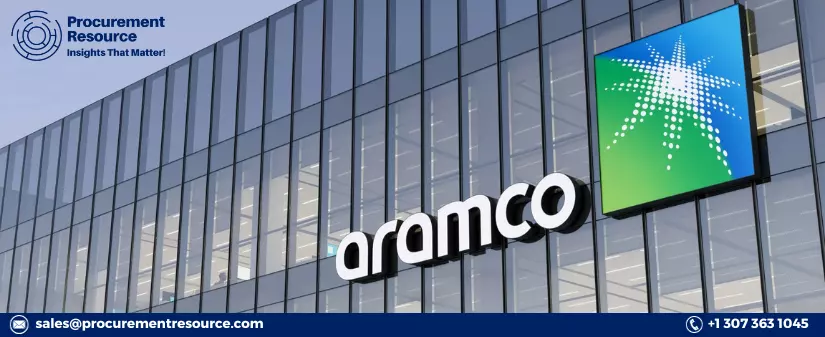Aramco and ENOWA Join Forces to Establish a Synthetic e-fuel Demonstration Plant

A collaboration has emerged between Aramco, a prominent energy and chemicals company, and ENOWA, NEOM’s energy and water entity. They are joining forces to construct a unique synthetic e-fuel demonstration plant within the innovative urban space of Neom. This partnership was solidified through a joint development agreement, with the ambitious goal of producing 35 barrels of low-carbon synthetic gasoline per day. This production process uniquely combines renewable-based hydrogen and captured carbon dioxide (CO2).
The plant, earmarked for location in ENOWA’s Hydrogen Innovation and Development Center (HIDC), has a projected output of 12 tonnes of synthetic CO2. This will be achieved using technology from ThussenKrupp Uhde, before being converted into low-carbon gasoline via ExxonMobil’s Fluidised-Bed Methanol-to-Gasoline (MtG) technology. Additionally, there's a focus on generating green hydrogen through a 20MW renewable energy-powered electrolyser situated on-site.
Aramco’s Executive Vice President of Technology & Innovation, Ahman O. Al Khowaiter, conveyed enthusiasm about the project. He emphasized the potential of synthetic fuels to significantly expedite the decarbonization of the global vehicle fleet. The excitement for this collaborative effort, aiming to pave the way toward realizing a vision for a greener future, was palpable in his statement.
Peter Terium, CEO of ENOWA, also shared his thoughts, labeling the partnership a crucial milestone. He highlighted Saudi Arabia's growing leadership in a circular carbon economy propelled by green hydrogen. He sees this collaboration as an opportunity to showcase pioneering, sustainable technologies, expressing eagerness for the joint development of a cutting-edge e-fuels facility in NEOM.
While the European Union has identified e-fuels as potentially cost-effective in achieving Paris Agreement objectives, challenges remain. E-fuels, although presented as a carbon-neutral alternative, face scrutiny due to their limited supply. Analysts from Transport & Environment suggest that by 2035, synthetic fuels might power only a fraction of cars on Europe’s roads. The report advocates for prioritizing e-fuels for sectors like aviation and shipping, where direct electrification is not feasible. Concerns also arise about the potential inefficiency of e-fuels in road transport compared to direct electrification.
As EU lawmakers continue deliberations over the proposed phase-out of combustion engines by 2035, with negotiations ongoing, the role of e-fuels in this transition remains a subject of active discussion and debate.
According to the article by Procurement Resource, Aramco and ENOWA are partnering to build a synthetic e-fuel plant in NEOM, targeting 35 barrels of low-carbon gasoline per day using renewable hydrogen and captured CO2. Despite enthusiasm for its decarbonization potential, e-fuels face challenges like limited supply and debate over their role in the EU's plans for a combustion engine phase-out by 2035. Analysts suggest focusing e-fuels on sectors like aviation and shipping, where electrification is challenging.



-plant,-a-inr90-crore-project.webp)